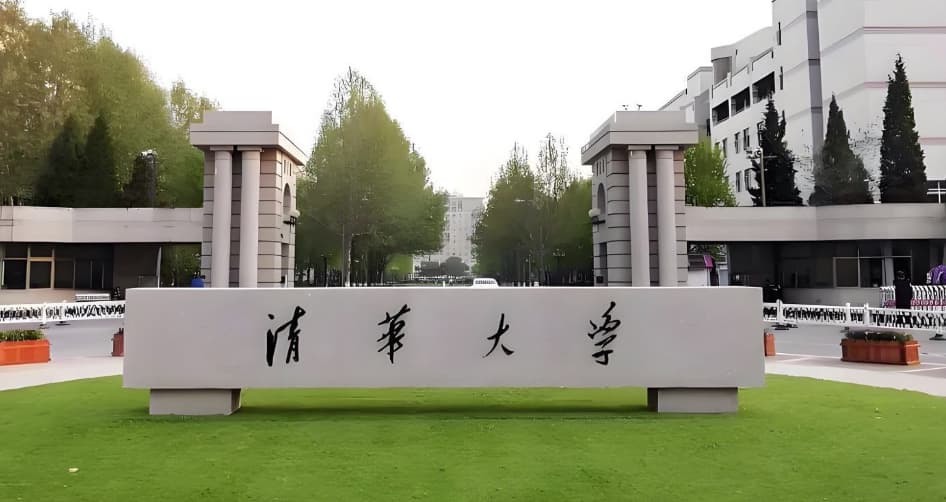考研复试英语口语高频问题深度解析
在考研复试的英语口语环节,考生往往面临着诸多不确定性,尤其是关于常见问题的数量和类型。根据历年经验和多数院校的复试流程,英语口语部分通常会围绕3至5个核心问题展开,旨在全面考察考生的语言表达、逻辑思维及临场应变能力。这些问题往往涉及个人背景、学术兴趣、未来规划等多个维度,考生若能提前做好准备,将极大提升复试通过率。本文将结合百科网的专业视角,深入解析这3至5个高频问题的具体内容与应对策略,帮助考生构建完善的备考体系。
个人背景与学术经历相关问题
问题:Can you briefly introduce yourself and your academic background?
在回答“请简要介绍你的个人背景和学术经历”这类问题时,考生需要展现清晰的结构和丰富的细节。可以从姓名、本科院校及专业入手,用简洁的语言概括自己的学术轨迹。例如:“My name is Li Wei, and I graduated from Peking University with a bachelor's degree in Computer Science. During my undergraduate studies, I was deeply fascinated by artificial intelligence, which led me to participate in several research projects.”
接下来,重点突出与报考专业相关的学术经历,如参与的科研项目、发表的论文或获得的奖项。例如:“I worked on a project about facial recognition using deep learning, which was supervised by Professor Zhang. This experience not only honed my technical skills but also strengthened my ability to analyze complex problems. Additionally, I won the first prize in the National Undergraduate Innovation Competition for my research paper on machine learning algorithms.”
可以简要提及自己的性格特点或未来目标,展现积极向上的态度。例如:“I am a highly motivated and detail-oriented individual, always eager to tackle new challenges. My goal is to pursue a master's degree in Computer Science to further deepen my expertise in AI and contribute to cutting-edge research.” 通过这样的回答,考生不仅展示了学术能力,还体现了个人魅力和目标感,更容易给考官留下深刻印象。
学术兴趣与研究方向相关问题
问题:What are your research interests, and why did you choose this field?
回答“你的研究兴趣是什么?为什么选择这个领域?”时,考生需要结合个人经历和学术热情,给出有说服力的阐述。例如:“My primary research interest lies in renewable energy, particularly solar power systems. This choice was driven by both personal passion and global necessity. Growing up in a region prone to energy shortages, I became acutely aware of the importance of sustainable energy solutions early in my life.”
进一步阐述选择该领域的具体原因,可以提及导师的影响、课程启发或实际案例。例如:“During my undergraduate studies, I took a course on environmental engineering, where Professor Wang introduced us to the latest advancements in solar technology. Her lectures on photovoltaic cells and energy storage systems deeply inspired me. Additionally, I read a groundbreaking study on solar-powered desalination, which demonstrated the potential to solve water scarcity issues in arid regions. This experience solidified my decision to pursue renewable energy research.”
可以结合报考院校的优势,展现对未来的规划。例如:“I am particularly drawn to your university's cutting-edge research lab in solar energy, where renowned experts like Professor Li have made significant contributions. I hope to work under their guidance, further exploring innovative solutions to enhance solar efficiency. Long-term, I aim to develop cost-effective solar power systems that can be widely implemented in developing countries, contributing to global sustainability efforts.” 这样的回答既展示了学术深度,又体现了对报考院校的了解和诚意。
未来规划与职业发展相关问题
问题:What are your career goals after completing your master's degree?
回答“完成硕士学业后,你的职业目标是什么?”时,考生需要展现清晰的短期和长期规划,并体现与报考专业的相关性。例如:“After completing my master's degree in Environmental Science, my immediate goal is to secure a position as a research scientist in a renewable energy company. I plan to apply the advanced knowledge and skills I gain during my studies to develop more efficient solar panels and wind turbines. Additionally, I aim to collaborate with cross-disciplinary teams to integrate renewable energy with smart grid technologies.”
进一步细化职业规划,可以提及具体的行业或公司目标。例如:“In the long term, I aspire to become a leading expert in sustainable energy, potentially founding my own green technology startup. My vision is to create innovative solutions that not only reduce carbon emissions but also improve energy accessibility in underserved communities. I believe that through continuous research and entrepreneurship, we can accelerate the transition to a cleaner, more sustainable future.”
可以表达对学术研究的持续热情,展现全面发展目标。例如:“However, my career path is not limited to industry roles. I am also passionate about academic research and hope to pursue a Ph.D. later to contribute to the scientific community. By balancing practical applications with theoretical advancements, I aim to become a well-rounded professional who can drive both technological innovation and policy advocacy in the field of renewable energy.” 这样的回答既展现了职业抱负,又体现了对学术研究的承诺,更容易获得考官认可。
应对技巧与注意事项
问题:How do you handle stress during exams or research projects?
回答“在考试或研究项目中,你如何应对压力?”这类问题时,考生需要结合具体事例,展现良好的心理素质和应对策略。例如:“During my undergraduate thesis, I faced significant pressure due to tight deadlines and complex experiments. To manage stress, I adopted a structured approach by breaking down the project into smaller, manageable tasks. Each week, I set specific goals and tracked my progress, which helped me stay organized and motivated.”
进一步分享具体的应对方法,如时间管理、寻求支持或放松技巧。例如:“Additionally, I found that regular exercise, such as jogging or yoga, significantly reduced my anxiety. Physical activity not only improved my mental clarity but also provided a healthy outlet for stress. Moreover, I made it a point to communicate with my peers and supervisor whenever I encountered challenges. Their feedback and encouragement were invaluable in keeping me on track and fostering a collaborative mindset.”
可以总结自己的成长感悟,展现积极心态。例如:“Through these experiences, I learned the importance of resilience and adaptability. I now approach stressful situations with a calm and composed mindset, knowing that challenges are opportunities for growth. This ability to handle pressure has not only benefited my academic performance but also prepared me for future career endeavors.” 这样的回答既展示了实际能力,又体现了成熟的心智,更容易给考官留下良好印象。



.jpg)
.jpg)
.jpg)

.jpg)
.jpg)

.jpg)